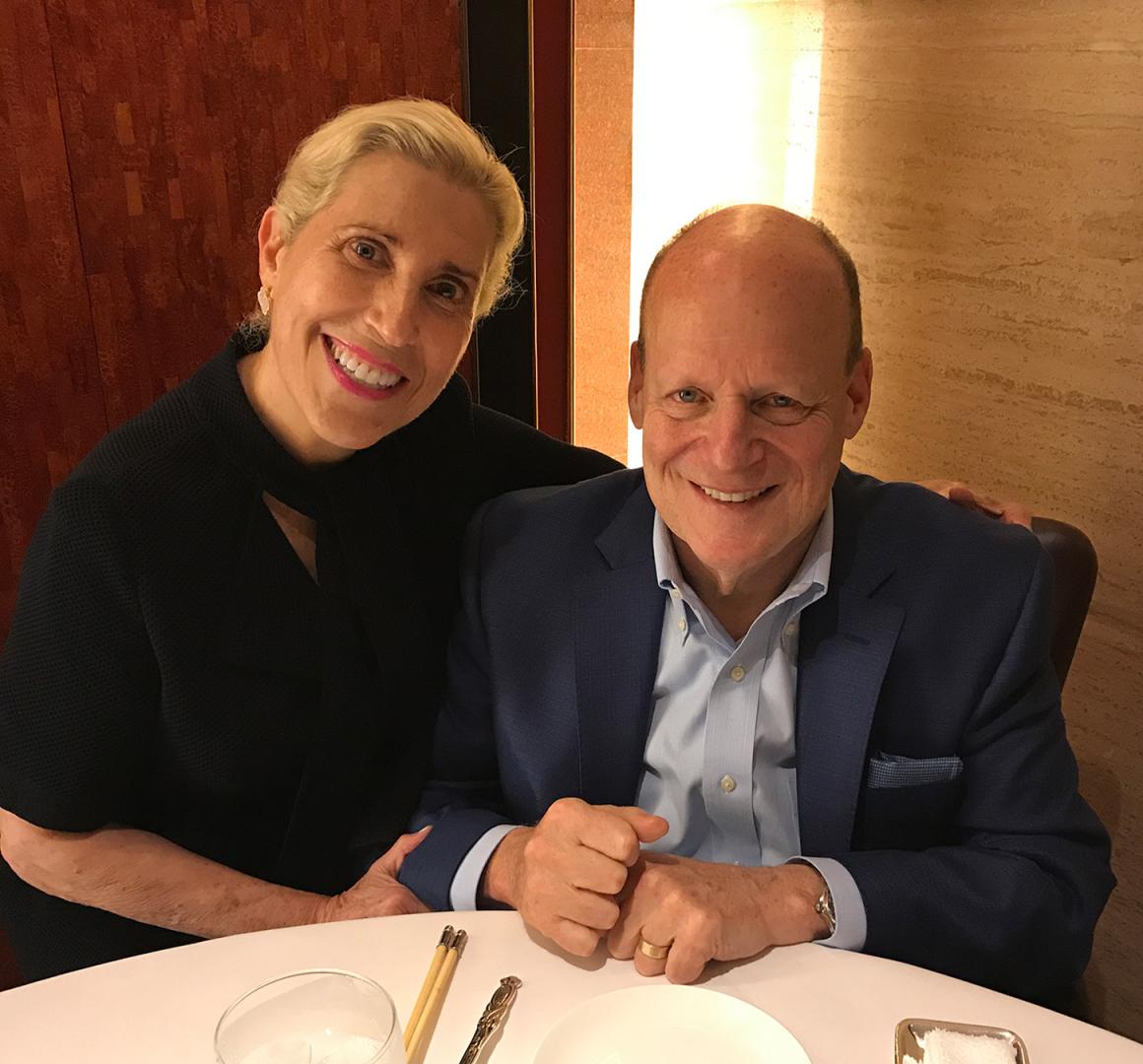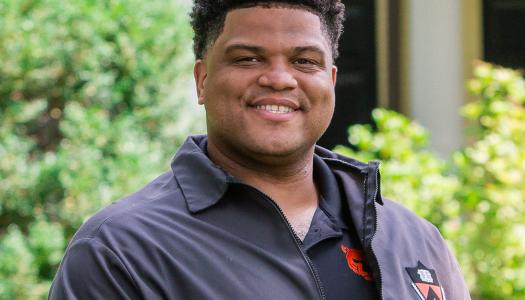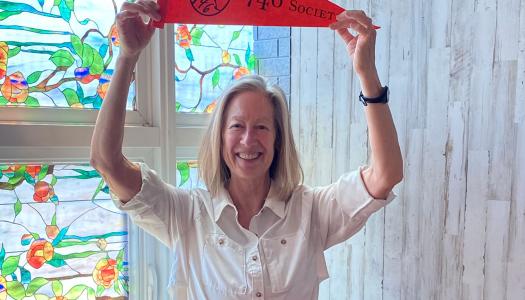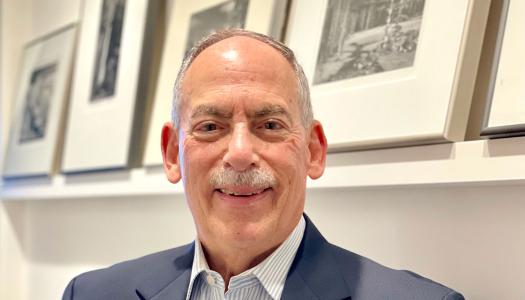Future engineering professorship a nod to his education, says Charles Goldstein *71

Rhonnie and Charles Goldstein *71
Useful.
Throughout his career, Charles Goldstein *71 tried to funnel his chemical engineering education into creating health care products that fit this term, for needs such as drug delivery and infectious disease diagnostics.
He served on boards, including the advisory committee for Princeton’s chemical and bioengineering department, with the same goal.
Goldstein has shifted slightly in retirement. He’s still looking for ways to be useful — as an investor in start-ups in the health care field and a sports firm focused on athletic performance. For two summers during the pandemic, Goldstein arranged internships for 50 Princeton undergraduates with the latter firm, Hale Sports. He sits on the advisory board for Princeton’s vice dean for innovation.
“I like to see the outcome of my work make a difference in the world,” Goldstein said.
Recently he took this a step further, designating a future bequest to Princeton that will create a professorship in the major that launched his career.
Health Care Focus
Goldstein spent nearly 30 years with Becton Dickinson, a maker of devices that help health care professionals do their jobs. “Seeing so many of the products end up being sold and used to make health care better for people, I think that’s the most rewarding thing that I’ve done and I still try to continue to do,” he said. “Certainly it can make you want to go to work every day knowing that what you do can end up improving the health of many people.”
The job took him to Singapore for three years, where he was involved with research and development centers for all Asia and established an R&D center in China.
He retired as a senior vice president in 2016 but wasn’t about to let his knowledge of the health care field go to waste. He used it to launch a new career in innovation and investing.
New Companies, New Possibilities
Goldstein is board chair of a startup he cofounded with a professor from his other alma mater, Johns Hopkins University, in the field of cancer therapeutics.
The shift to entrepreneurship is actually something he was interested in at Princeton, but entrepreneurship was not a major focus of the University then. When he approached a professor about the possibilities as a graduate student, the response was, “What do you think this is — a business school?”
But as graduation approached, a fellow graduate student told Goldstein he was headed back to Berkeley to do something called “venture capital.” “So I said, ‘What’s that?’ He says, ‘Well, what we do is, we find a professor who’s invented something and we work with him, and we then find people who want to invest in his invention.’ This was a totally new thing.”
So Goldstein has gone full circle, and shares that knowledge on the advisory board for the vice dean for innovation.
“I like to see what I do result in something useful,” he said. “In order to see something result in something useful, there has to be good science and technology as well as a need in a commercial market or health care. Something has to exist to make the science practical and have an effect on people.”
Looking to the Future
Goldstein started college at age 16. His memories of Princeton include a strong sense that the University cared about what the students and alumni thought and that free speech was valued — even for protesting the Vietnam War.
Until recently, the pandemic prevented him from visiting campus and his research professor, William Schowalter, the Class of 1950 Professor of Engineering and Applied Science, Emeritus, but he has traveled to New Jersey from his North Carolina home.
This enduring sense and fondness for the University, coupled with his aspiration to be useful, motivated his planned gift. “I’m very grateful that my wife, Rhonnie, is supporting me in this endeavor as well,” he said.
“It was pretty easy decision,” he added. “Princeton gave me a wonderful experience. Along with the education, I felt that the University cared about me, personally. I just feel that I gained a lot, and I want to give back something. I don’t think I can get back as much as I ever gained.”


